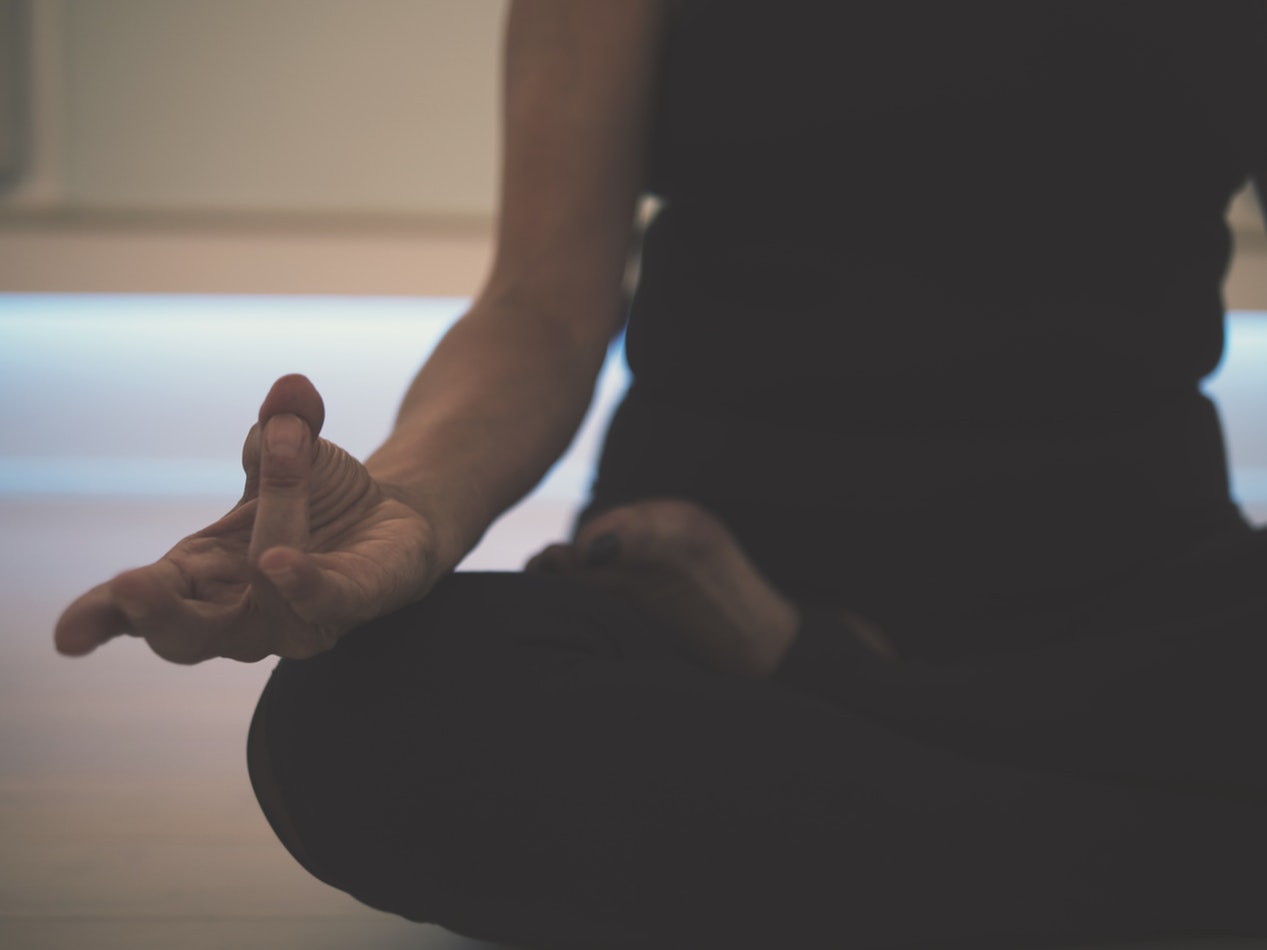How Yoga Can Help Reduce Stress and Achieve Peace of Mind?
Most of the human population now suffers from stress-related illnesses such as hypertension, diabetes, depression, anxiety, heart diseases, headaches, gastrointestinal problems etc. These diseases are the leading causes of deaths in the world.
Whenever a person is diagnosed with these illnesses, the doctor advises them to lead a stress-free life. This is easy to say but difficult to follow as stress does not manifest in a tangible form, but it is deeply rooted in our day-to-day lives. Our surroundings and our own thoughts bring unwanted stress to our mind. This stress causes fatigue which keeps on weakening and destroying our body and mind.
Yoga Philosophy for Reducing Stress
Yoga is a science which goes deep into the root causes of stress. It offers practical solutions for reducing stress. Yogic philosophy, meditation techniques and various asanas (poses) offer a glimpse of light to those caught in the darkness of stress. Just like we need a source of light to remove darkness and we need a source of heat to remove cold, we also need to find peace of mind to remove stress from our lives.
Discover 200 hour yoga teacher training in Rishikesh
Peace of Mind
It is easy to compare our mind with the water in a lake. The water in a lake is our mind, the waves are our thoughts and the bottom of the lake is our true self. The holistic goal of practicing yoga is to be able to see our true self.
When the waves of thoughts calm down and the water becomes crystal clear, we are able to see the bottom of a lake. Similarly, when we start cleaning our mind of thoughts and detaching our mind from our sense organs, we start seeing our true self.
The thoughts and actions of human beings are classified in three different ways: tamas (state of darkness), rajas (state of power and enjoyment) and sattva (state of serenity). People in the state of darkness have negative, cruel and foolish thoughts. People in the state of power and enjoyment are always looking to fulfill their desires without any sense of restraint. People in the state of serenity lead a life of control and restraint. The control and restraint of thoughts and actions keep their mind clear of unwanted thoughts. Such people are called enlightened souls because they are always aware of their true self. This is the state which one should try to achieve for the peace of mind.
Hindrance in Achieving the State of Serenity and Calmness
The natural state of our mind is calmness. Paying attention to our sense organs and entertaining unnecessary thoughts brings ripples in our minds and hides our true self. In most of our lives, many are not even aware that there is a true-self hidden behind the disturbed mind.
In the absence of this knowledge, we keep on identifying ourselves with the disturbed mind. This leads to a life of stress and misery. This feeling becomes more intense when we are in a negative state of mind like sorrow, sadness, jealousy, anger, illness, and failure or a positive state of mind like success, achievement, happiness. We identify ourselves with this feeling without realizing that our true self is completely different.
Sit Calmly and Focus on your Breath (Lotus Pose)
Here, we describe a meditation technique which you can practice while sitting in lotus pose. It may feel difficult for the beginners to sit and focus on their breath because of their wandering mind. A wandering mind is like a monkey. This monkey mind will try to jump from one branch of thoughts to another. It may even ask us to go, get-up and have some action.
Your job is to not feed this monkey mind. Try to ignore it. Simply sit and focus on your breath. Gradually your mind will stop wandering. This practice will teach you restraint over your thoughts and control over your senses. Start practicing as less as five minutes a day and continue increasing the time every day as per your comfort level.
Practicing lotus pose along with non-attachment will develop into a habit. The habit of keeping your mind calm. Then the peace of mind will automatically follow.

